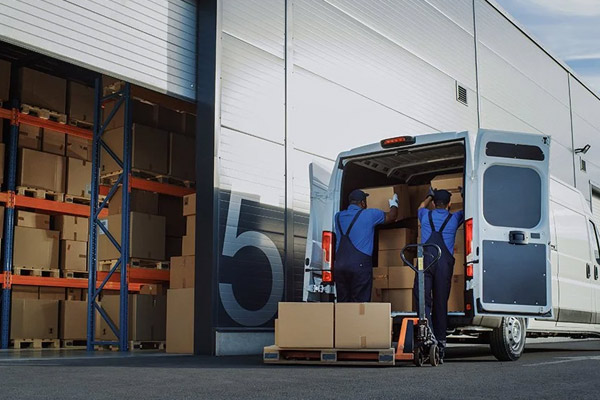Popular ISO certifications for T&L businesses
There are many ISO management systems that can prove to be beneficial for your business, including:
ISO 9001 for Quality Management
This standard provides recommendations to your organisation to build an effective and robust Quality Management System (QMS). The application of the recommendations of the standard will prove to your stakeholders that your logistic services are customer-centric and your focus is on delivering steady and high-quality services.
This is an all-encompassing standard that ensures that best practices are being implemented within your organisation to boost productivity, drive seamless improvement and enhance proficiency across the supply chain.You can get more information about this by reading the article What is ISO 9001?
ISO 14001 for Environmental Management
This standard provides recommendations to build a sustainable Environmental Management System (EMS) that enhances your environmental performance and reduces wastage. The implementation of the standard within your organisation will assist you in evaluating, screening and minimising any adverse environmental impacts of your logistics activities.
Additionally, the standard will help you with efficient natural resource management and effective waste management, thereby enhancing your image amongst all your stakeholders. However, what makes this standard lucrative is that it will further help you expand your clientele and recognise new cost-saving modes. If you are familiar with the ISO certification process in Australia, you can easily implement ISO 14001.
ISO 45001 for Occupational Health and Safety Management
This standard provides recommendations to build an effective Occupational Health and Safety Management System (OHSMS) that allows you to enhance the safety of your workplace, and reduce workplace illnesses, injuries or fatalities. As a result of implementing these recommendations, you are able to save more money, as downtime and absenteeism reduces. To issue this certificate, you must first be familiar with ISO 45001 requirements.

